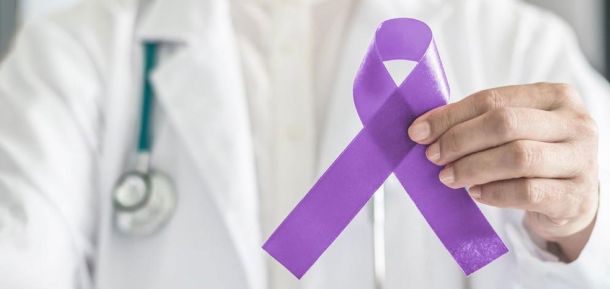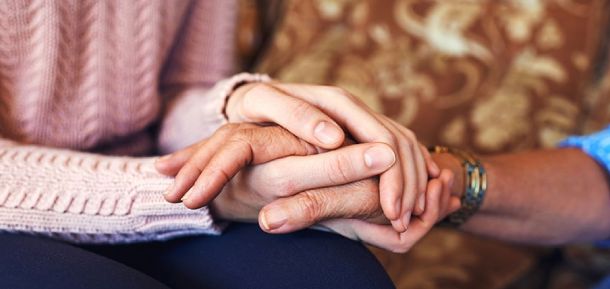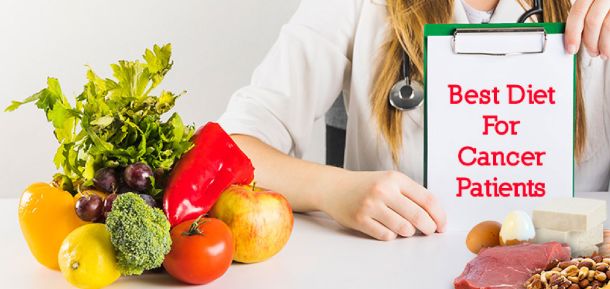Blogs
Cancer prevention and control
22 June 2022
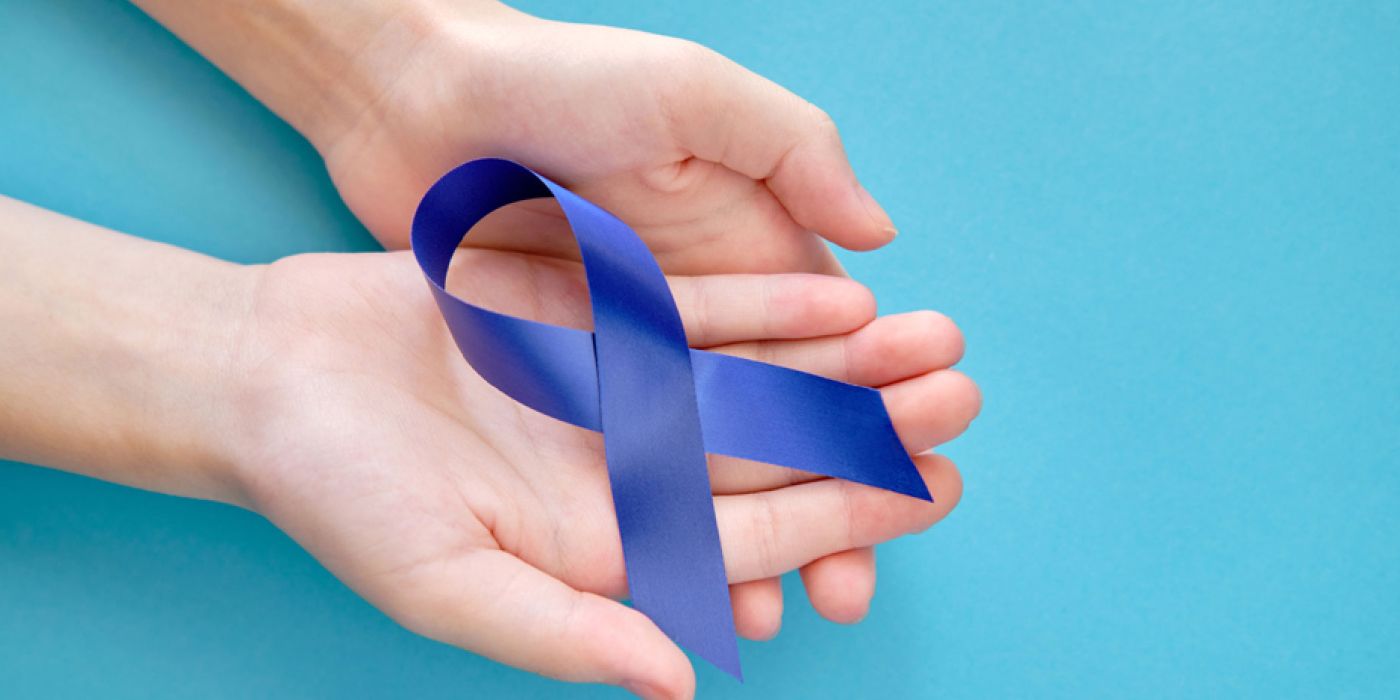
Lowering the risk of cancer by cutting down on risk-causing factors is called cancer prevention. This can include, maintaining a healthy lifestyle, avoiding exposure to known carcinogens, and taking medicines and vaccines that can prevent the development of cancer. Risk factors generally increase the person’s chances of developing cancer and it becomes our responsibility to stay clear of them or prevent their abuse.
Radon has a few tips on cancer prevention and control:
Regular check-ups
Anybody can get cancer, at any age and any circumstance. Your cells mutate and become cancerous due to various genetic and environmental factors. This becomes a problem for our current generation. There seems to be a multitude of cancer-causing agents or carcinogens. It’s almost impossible to avoid everything harmful from the environment today. Getting regular check-ups and screenings can help you detect cancer at its earliest, keeping you from delayed risks. Like any early disease, cancer can be detected by your primary care doctor during regular wellness check-ups. Guidelines for cancer screenings are a little different for everyone. While it’s best to talk to your doctor about what’s right for you. For example:
-
Mammograms:Women of the age of 50 and above should get a mammogram done every year.
-
Cervical cancer screenings:A Pap test is used to screen for cervical cancer. Women between ages 21 and 29 ought to get a Pap test every three years. From ages 30 to 65, it’s recommended to get a Pap test and a human papillomavirus (HPV) test every five years.
-
Prostate cancer screening:most men should consult their doctor about prostate cancer screenings after the age of 50. The higher you are at risk, the earlier
Healthy habits and risk factors
Screenings and tests can help detect cancer at its earlier stages, but you should always be alert for symptoms of the disease and develop healthy habits to prevent them. Taking that extra step in keeping yourself healthy, can lower your risks of getting cancer and several other diseases.
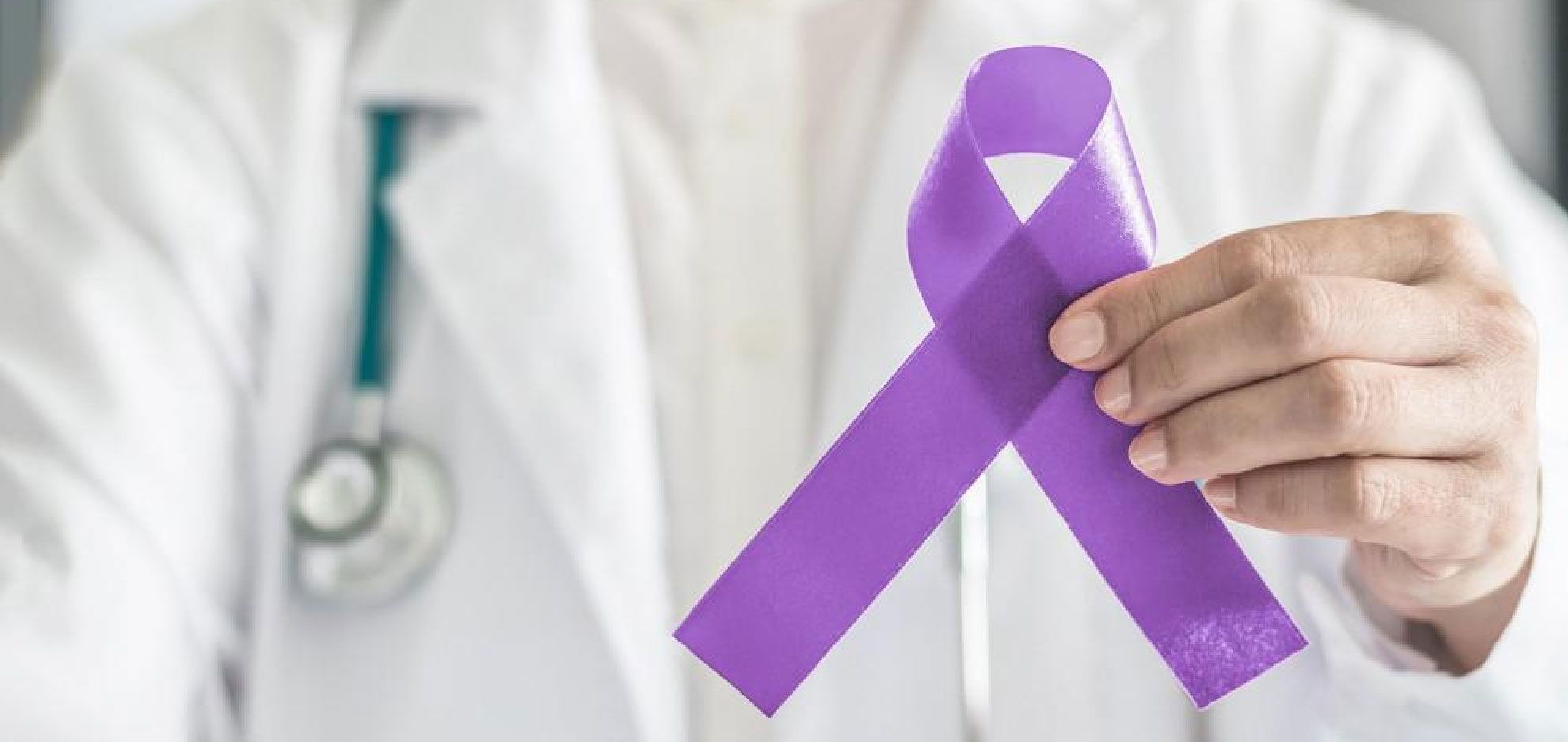
Here are some ways you can reduce your risk of cancer:
-
Skincare – protect yourself from the harmful UV rays that cause skin cancer by always leaving the house with sunscreen. Dermatologists recommend using a sunscreen that is with an SPF of at least 30, which blocks 97% of the sun’s UVB rays.
-
Avoid purposeful tanning as it is an added risk to skin cancer, it can also accelerate aging. Avoid unnecessary radiation.
-
Keep your weight in check – being overweight or obese is linked to an increased risk of cancer. Be physically active for at least 30 minutes a day and follow a healthy diet. Exercise will help protect you even if you don't lose weight.
-
Cut down on carcinogens such as tobacco, cigarettes, and others suggested by cancer research programs.
-
Eat properly – Reduce your consumption of saturated fat and red meat, which may increase the risk of colon cancer and a more aggressive form of prostate cancer. Increase your consumption of fruits, vegetables, and whole grains.
-
Avoid exposure to toxins - asbestos fibers, benzene, aromatic amines, and polychlorinated biphenyls (PCBs) are known carcinogens and are extremely harmful.
-
Research evidence shows that vitamin D can protect you from prostate cancer, colon cancer, and other malignancies. Taking supplements of vitamins is advised.
Vaccinations
There are vaccines that either treat existing cancer or prevent the development of cancer. Some vaccines target viruses that cause cancer, like the HPV vaccine. Most cervical cancers are associated with human papillomavirus (HPV), a sexually transmitted infection. Widespread immunization with the HPV vaccine could reduce the impact of cervical cancer and other cancers caused by HPV worldwide. It is highly recommended for teenagers and young adults to get the HPV vaccine. These are traditional preventive vaccines that target the viruses that can cause certain cancers. They might help defend against some cancers, but they don’t focus on cancer cells directly as cancer cells have not yet been formed or found. You can also take the HBV vaccine to reduce your risk of liver cancer.
The goal of cancer treatment vaccines is to treat cancer or keep it from coming back after your treatment. These vaccines get to the immune system and attack cancer cells in the body as opposed to vaccines that target a particular virus that may cause cancer. Getting vaccinated can save you from a multitude of risks and is among the most preventive measures for cancer yet. It is up to you to keep your body healthy and free from cancer by following simple healthy behaviours and avoiding risks as much as you can.
Latest Blogs
Cancer prevention and control
22 June 2022
Lowering the risk of cancer by cutting down on risk-causing factors is called cancer prevention. This can include, maintaining a healthy lifestyle.
Dealing with cancer
22 June 2022
Receiving a cancer diagnosis can be overwhelming for both you and your family. You may feel anxious, uncertain of the future or just numb to the news you have just been subjected to.
Good nutrition during cancer treatment
22 June 2022
Nutrition during cancer treatment and medication plays an undeniably significant role in the body’s ability to fight cancer and can often be the difference between life and death.
RadOn Oncology Pvt. Ltd. was founded in 2012 to work towards providing quality and comprehensive cancer care to the society.

